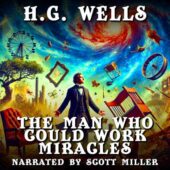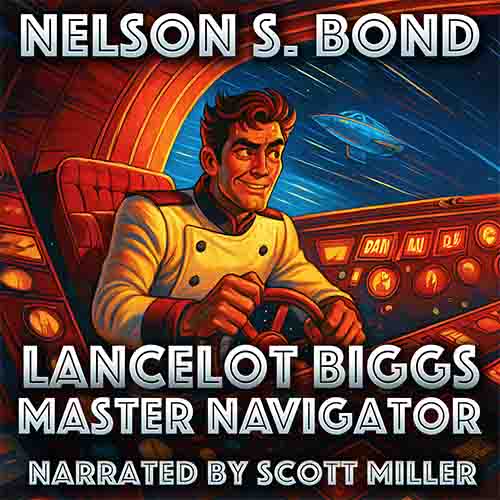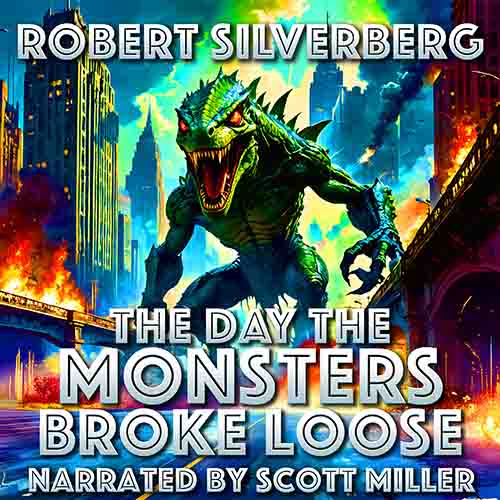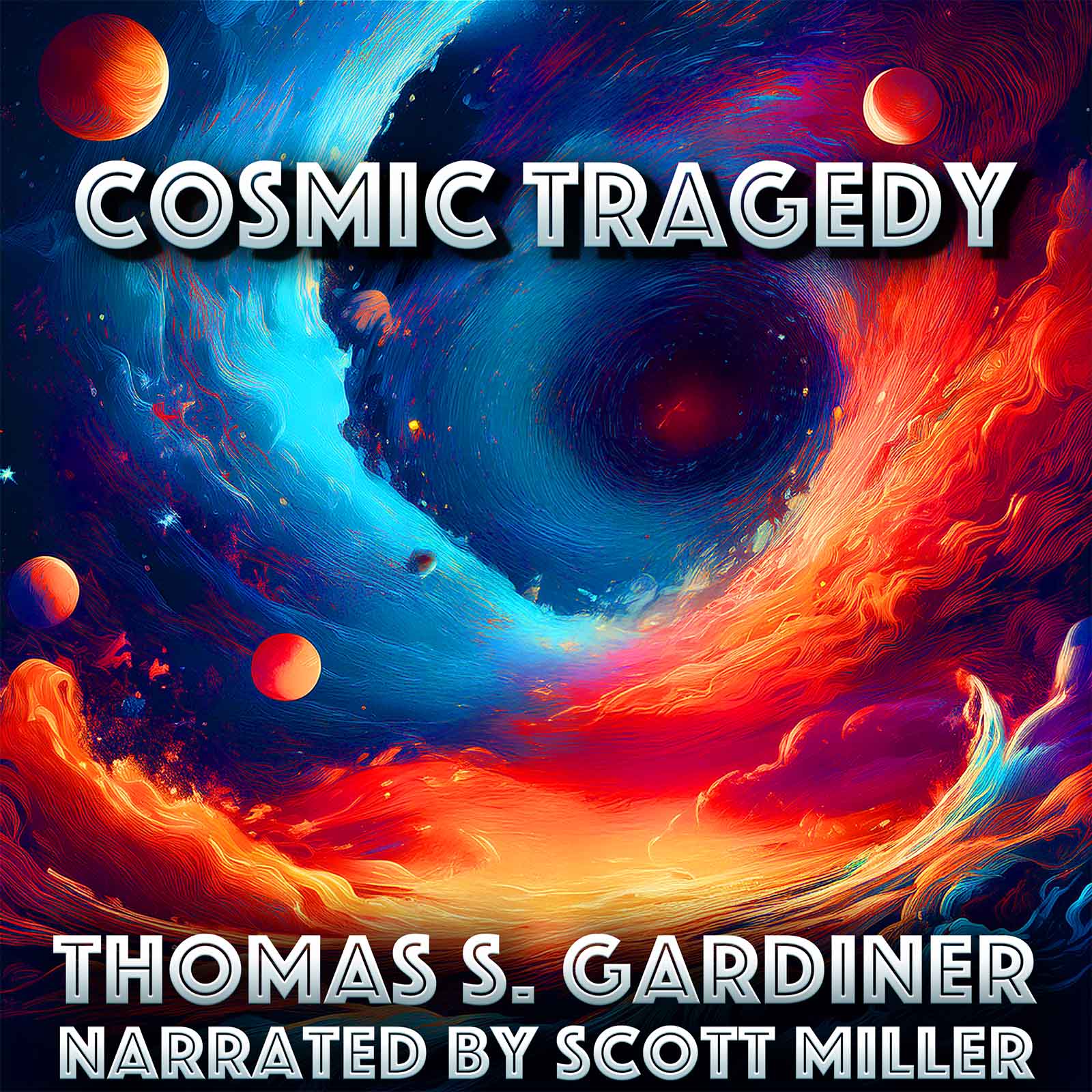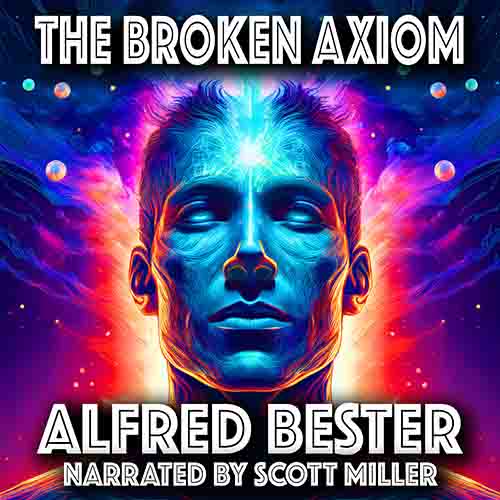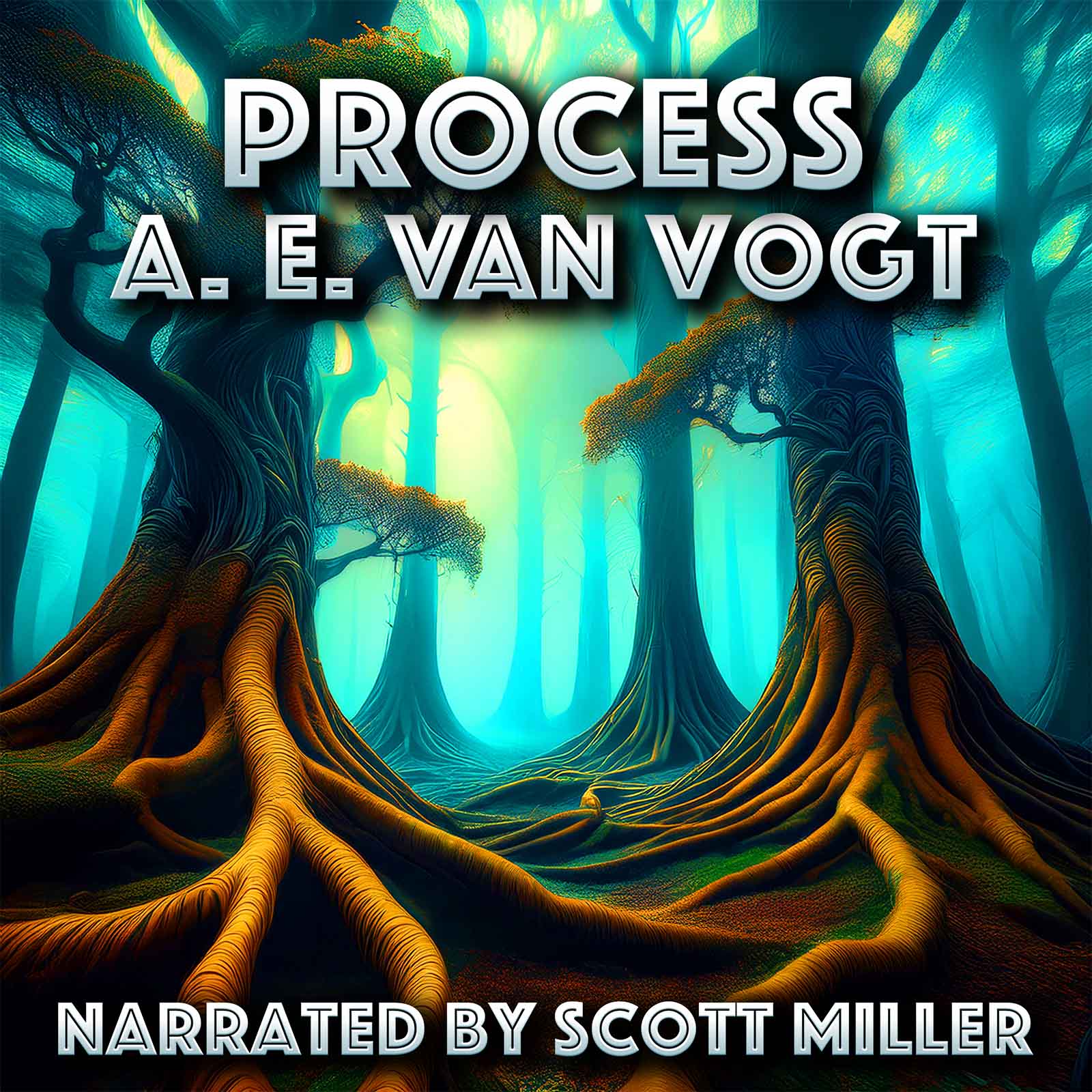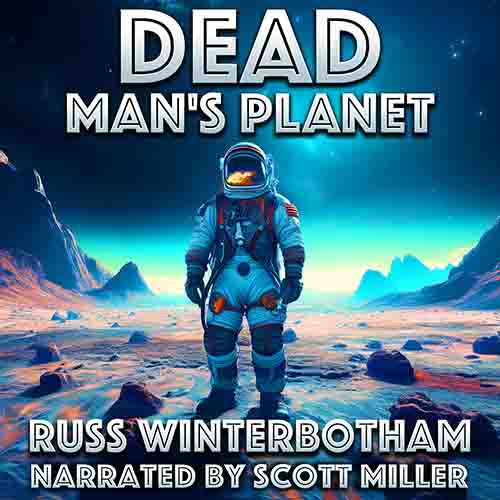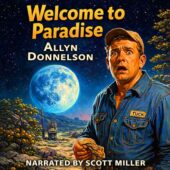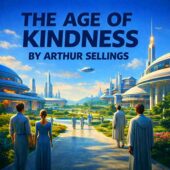H. G. Wells
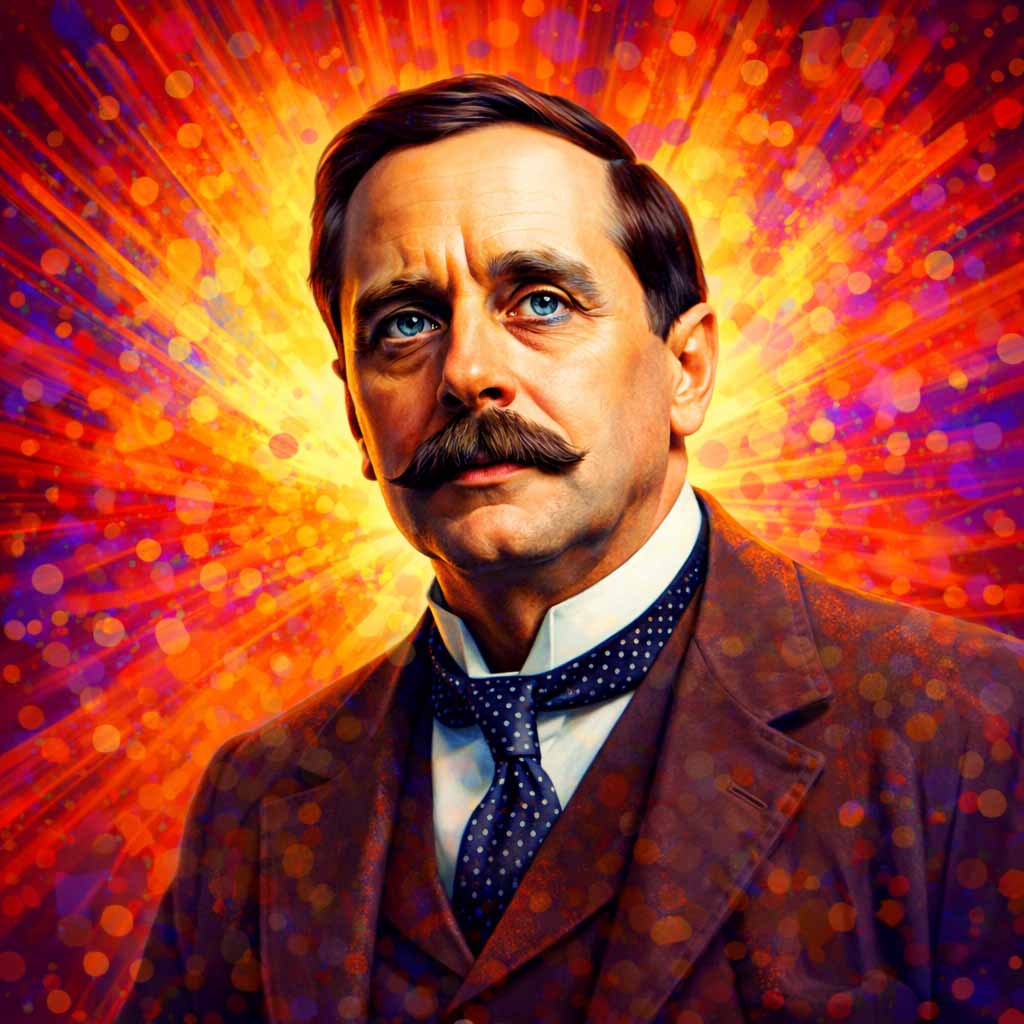
Biography
Herbert George Wells (1866–1946), better known as H. G. Wells, was an English writer, social critic, and futurist whose imaginative works earned him the title “The Father of Science Fiction.” Alongside Jules Verne and Mary Shelley, he helped define the genre, but Wells’s reach extended beyond literature—he was also a historian, political thinker, and public intellectual who shaped the way generations imagined the future.
Born in Bromley, Kent, to a working-class family, Wells grew up in modest circumstances. A childhood accident left him bedridden for months, during which he discovered the joy of reading, sparking a lifelong hunger for knowledge. Apprenticed as a draper and later trained as a teacher, he studied biology under T. H. Huxley, the great advocate of Darwin’s theory of evolution. This scientific grounding profoundly influenced his writing, which often fused scientific plausibility with social commentary.
Wells’s literary breakthrough came in 1895 with The Time Machine, a novella that introduced the concept of controlled time travel. Its vision of humanity’s far future—divided into the delicate Eloi and the subterranean Morlocks—was both a gripping adventure and a critique of class division and social decay. He followed with a torrent of classics: The Island of Doctor Moreau (1896), probing the ethics of science and vivisection; The Invisible Man (1897), a study of alienation and power; and The War of the Worlds (1898), one of the first depictions of an alien invasion, which doubled as a commentary on imperialism.
In the early 20th century, Wells continued to publish influential novels, including The First Men in the Moon (1901) and The War in the Air (1908), works that anticipated space travel, aerial combat, and global warfare. His gift was not merely invention but prophecy: he foresaw atomic bombs, tanks, aerial bombardment, genetic engineering, and even something akin to the World Wide Web. His nonfiction, including Anticipations (1901) and The Shape of Things to Come (1933), laid out sweeping predictions about technology, politics, and world order.
But Wells was not only a visionary storyteller; he was a passionate social critic. A believer in science and education as forces for progress, he argued for social reform, global government, and the reduction of inequality. Works such as A Modern Utopia (1905) and The Outline of History (1920) reflected his utopian ideals and desire to shape public understanding of humanity’s past and future. Though sometimes controversial and inconsistent, his political writings influenced debates on socialism, education, and world peace throughout the first half of the 20th century.
Wells’s influence reached beyond the page. Orson Welles’s 1938 radio adaptation of The War of the Worlds famously caused panic among listeners who believed the fictional Martian invasion was real. His fiction inspired generations of writers, filmmakers, and scientists, from George Orwell to Arthur C. Clarke. Albert Einstein praised him, and Winston Churchill credited Wells’s ideas with influencing his conception of modern warfare.
Despite his visionary status, Wells’s personal life was as complex as his writings. He was outspoken, often combative, and lived a turbulent private life marked by numerous affairs. Yet his charisma, wit, and intellect ensured his place among the most prominent literary figures of his time.
By the time of his death in 1946, Wells had published more than 50 novels and countless short stories, essays, and articles. His reputation as a futurist and a literary giant was secure, though his later years were marked by disillusionment with humanity’s failure to live up to its potential, particularly in the wake of two world wars. Still, his works remain alive, continually adapted and reimagined in film, television, and popular culture.
H. G. Wells’s legacy lies in both his imaginative daring and his moral urgency. He gave the world enduring stories—The Time Machine, The War of the Worlds, The Invisible Man, The Island of Doctor Moreau—that are as thrilling today as when first published, but he also used fiction to challenge readers to think critically about science, society, and the future. He showed that speculative literature could be both entertaining and deeply serious, a means of grappling with humanity’s destiny.
Wells once wrote, “Human history becomes more and more a race between education and catastrophe.” That insight encapsulates the dual vision that drove his work: a deep faith in human potential and a sobering awareness of human folly. More than a century after his greatest novels, H. G. Wells remains one of literature’s most prophetic voices—a writer whose imagination continues to shape how we dream, fear, and hope about the future.




